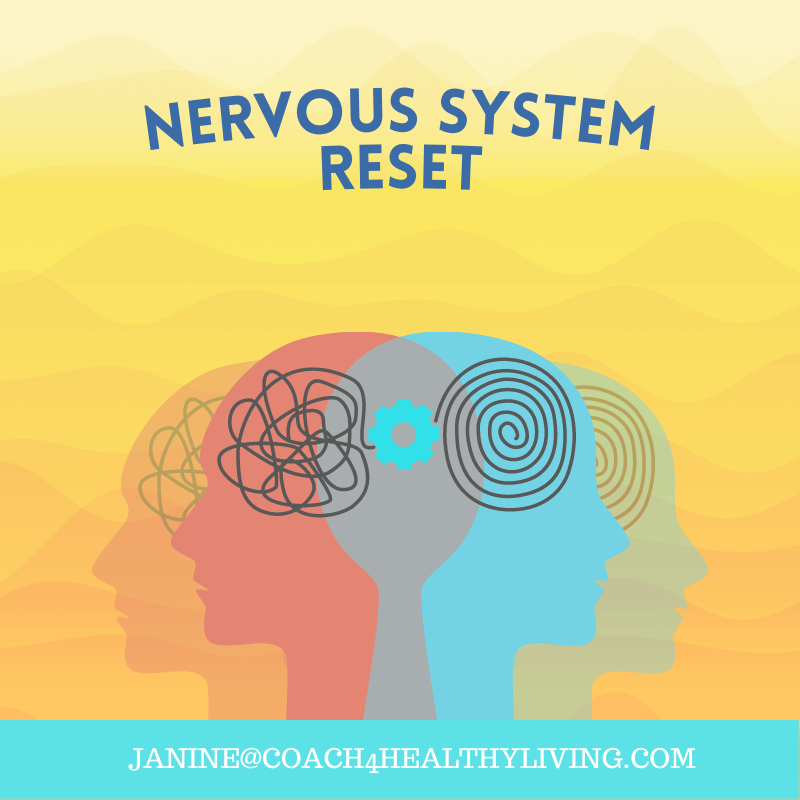What causes a dysregulated nervous system?
Chronic stress affects our nervous system. Unresolved stressful events, past traumatic events, or bad experiences from the past unknowingly turn into thoughts, reactions, feelings, and even behaviors as a form of defense from threats they cause.
Signs of nervous system dysregulation
A dysregulated system can manifest with both mental and physical signs and symptoms, some of which include:
- Anxiety
- Panic
- Lack of concentration and attentiveness
- Depression
- Sleep disturbances/Insomnia
- Irritability
- Exhaustion
- Digestive problems
- High blood pressure
While there is no single way to completely “reset” the nervous system, there are certain practices and lifestyle habits that can help promote relaxation and balance, which can have a positive impact on your nervous system.
Here are some things you can try:
Practice deep breathing: Slow, deep breathing can help activate the parasympathetic nervous system, which is responsible for the body’s “rest and digest” response. This can help reduce stress and promote relaxation Try taking slow, deep breaths for a few minutes each day.
Get enough quality sleep: Getting enough sleep is important for overall health and well-being. Aim to get at least 7-8 hours of restful sleep each night.
Engage in regular exercise: Regular exercise has been shown to improve mood, reduce stress, and promote overall health. Try to incorporate at least 30 minutes of moderate-intensity exercise into your daily routine.
Eat a healthy diet: A well-balanced diet rich in nutrients like omega-3 fatty acids, B vitamins, and antioxidants can support nervous system health.
Practice relaxation techniques: Practices like yoga, meditation, and Reiki can help reduce stress and promote relaxation, which can have a positive impact on the nervous system.The nervous system is a complex network of cells and fibers that transmit signals between different parts of the body.
Spend time in nature: Spending time in nature has been shown to reduce stress and promote relaxation. Try to spend some time outside each day, even if it’s just for a few minutes.
Rewire your brain for more calm: We strengthen neural connections all of the time. When we feel anxious or stressed and respond to something that happens to us with panic, we are strengthening that panic response. The stronger the neural pathway, the more automatic the response is. That’s why we need conscious, deliberate effort to branch out and create new neural pathways. If we want to become calmer it is possible by changing our behavior and adding some new experiences into our lives, or doing more of a desired experience, such as meditation.
Remember, everyone’s nervous system is unique, so what works for one person may not work for another. It’s important to listen to your body and experiment with different strategies to find what works best for you.
These practices are not a replacement for medical treatment for any nervous system disorders or conditions.
Interested in learning more about how Lifestyle Coaching can help you rewire your brain? Or maybe you would like to experience a reiki session?
Contact me for more information
A Holistic Approach for Permanent Weight Loss - It’s not a diet… it’s a lifestyle!
What if you could finally learn how to lose that extra weight you’ve been struggling to lose and improve your health at the same time? Get started on the right path to permanent weight loss in my new eBook - sign up today!

